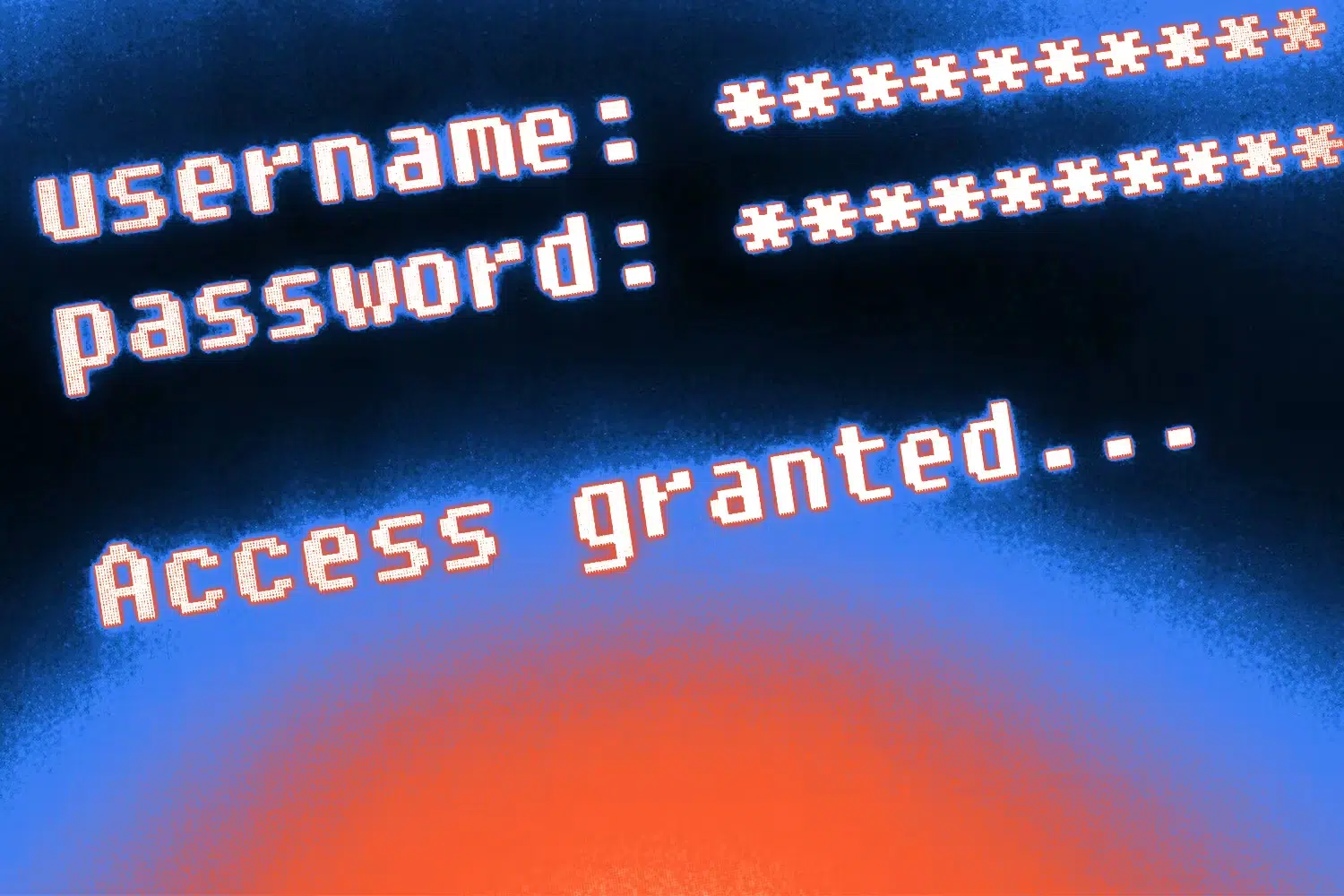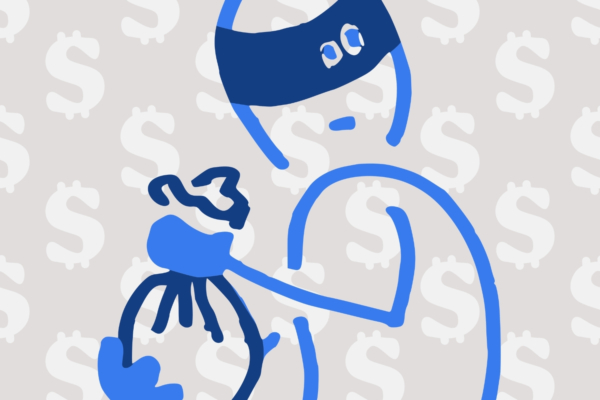
How to Handle Data Breaches

If you’re an American consumer, it is likely only a matter of time before your personal information is part of a large data breach— if you haven’t already been impacted.
In 2024 so far, there have been over 6.8 billion known records that were released because of a data breach. In 2023, there were 8.2 billion records released by cybercriminals. Every year, there are more and bigger data breaches, and that demands action.
Though it’s not uncommon, getting a notice that your information may be in the wrong hands is still nerve-wracking. In this article, we’ll uncover what a data breach is, how you may be impacted, and what you can do to minimize damage.
What is a data breach?
A data breach occurs when personal data is copied, transferred, or stolen without the permission of the person who owns the data.
This can happen in a number of ways, such as when a hacker breaks into a computer system and steals credit card information or when an employee accidentally sends an email containing sensitive data to the wrong person.
Any organization (and their customers) can fall victim to a breach, whether it’s an online retailer or a doctor’s office.
How can I be impacted by a data breach?
Data breaches can have serious consequences for both individuals and businesses.
A myriad of information can be leaked in a breach, including:
- Passwords
- Contact info (phone, address, and email address)
- Social Security number
- Bank account info
- Credit card numbers
- Personal health information
All of this can have far-reaching consequences. For example, if credit card information is stolen, it can be used to make fraudulent purchases. If your Social Security number is leaked, it may be used to open a new line of credit. And if private medical information is leaked, it could lead to identity theft or insurance fraud.
A Recent Data Breach Exposes Long-Term Risk
Data breaches have only gotten bigger in the last few years, with hundreds of millions of affected accounts.
One of the more recent (and worst) examples of a data breach is the one that occurred with National Public Data. Starting in April 2024, there were a series of breaches in their database that resulted in the release of names, email addresses, phone numbers, SSNs, and mailing addresses.
What makes this data breach particularly worrisome is that it involves 2.9 billion records—nearly a third of the world’s population. As time goes on and more breaches occur to more databases, that number is only going to increase.
What to Do After a Data Breach
While much of the risk is beyond your control in our complex and rapidly evolving digital society, there are still steps you can take to protect your personal and financial privacy.
If you discover that your information may have been exposed in a data breach, take the following steps to keep your financials secure.
1. Get the details of the breach.
When you’re notified by a company that your data may have been compromised, it’s important to get an idea of what information may be in the wrong hands.
Was it just your account information and password, or do the hackers also have access to your personal identifying info like your birthday or Social Security number? You’ll also want to consider what financial information you may have stored with the organization that was breached such as a credit card or debit card.
Knowing what information is floating around out there can help you focus your efforts when securing your accounts.
2. Keep an eye on your credit.
Take advantage of your legal right to receive free annual copies of your credit report from the three major reporting agencies, then look them over for any information that looks amiss. Things to look for include:
- Credit lines or loans that do not belong to you
- Inaccurate information, such as addresses that you’ve never lived at
- Credit inquiries that you didn’t not make
You can take additional precautions by installing a credit-monitoring app. There are dozens of convenient free tools that can regularly check your credit rating to ensure a fraudster hasn’t left black marks on your name.
3. Place a freeze on your credit.
If you know or think your financial data has been compromised, you can place a free, temporary credit freeze on your credit. A credit freeze prevents thieves from opening new accounts in your name, since new creditors need that information to approve new lines of credit.
Some folks keep their credit permanently frozen, to prevent some of the damage from a breach or identity theft.
4. Set up fraud alerts.
Set fraud alerts with the three major credit bureaus and your financial institutions. If they know your identity may have been compromised, the credit bureaus will take extra steps to identify anyone trying to open accounts in your name. Similarly, setting up alerts for your bank accounts can alert you to any suspicious activity or potential unauthorized charges.
5. Monitor all bank, credit card, and investment accounts.
Fraud alerts are great—but add an extra layer of protection by checking in on your accounts regularly. Make a point of regularly checking all your financial accounts, credit cards, and bank account statements for any suspicious activity or charges.
6. Change passwords on all of your important accounts.
A vital step after a data breach is to change all of your passwords on at least all affected online accounts; if you don’t know how far the data breach went, changing all of your passwords is probably a good move. Cyber security experts recommend that passwords:
- Have at least 12 characters, but preferably more
- Contain letters, numbers, and special characters
- Do not contain easy-to-guess words or phrases or personal information
- Are never reused—every online account should use a different password.
To make identity theft harder for cybercriminals, regularly change passwords for your email accounts, social media, corporation accounts and financial institutions — and try to maintain different passwords for each. It may require extra organization on your end, but it can go a long way toward thwarting theft across many of your accounts at once.
7. Beef up security on your accounts.
Lastly, increase security measures on all accounts. This may look like:
- Signing up for two-factor authentication on accounts that offer it
- Opting-in to bank notifications, such as transaction notifications
- Using an authentication app, such as Google Authenticator
While it may take a few extra seconds to log in to your accounts or your phone may accrue a few extra notifications, these minor inconveniences pale in comparison to the chaos that a compromised account can cause.
The Bottom Line
The threats of identity theft and data breaches are increasing for most Americans these days, and there are precautions you should take to minimize damage. If you learn that your information may have been compromised, use these seven tips to keep cybercriminals from accessing your important accounts.
Become an Amplify Member
Every Amplify account holder enjoys fee-free banking. That means no overdraft, maintenance, or other banking fees cutting into your pocket.




